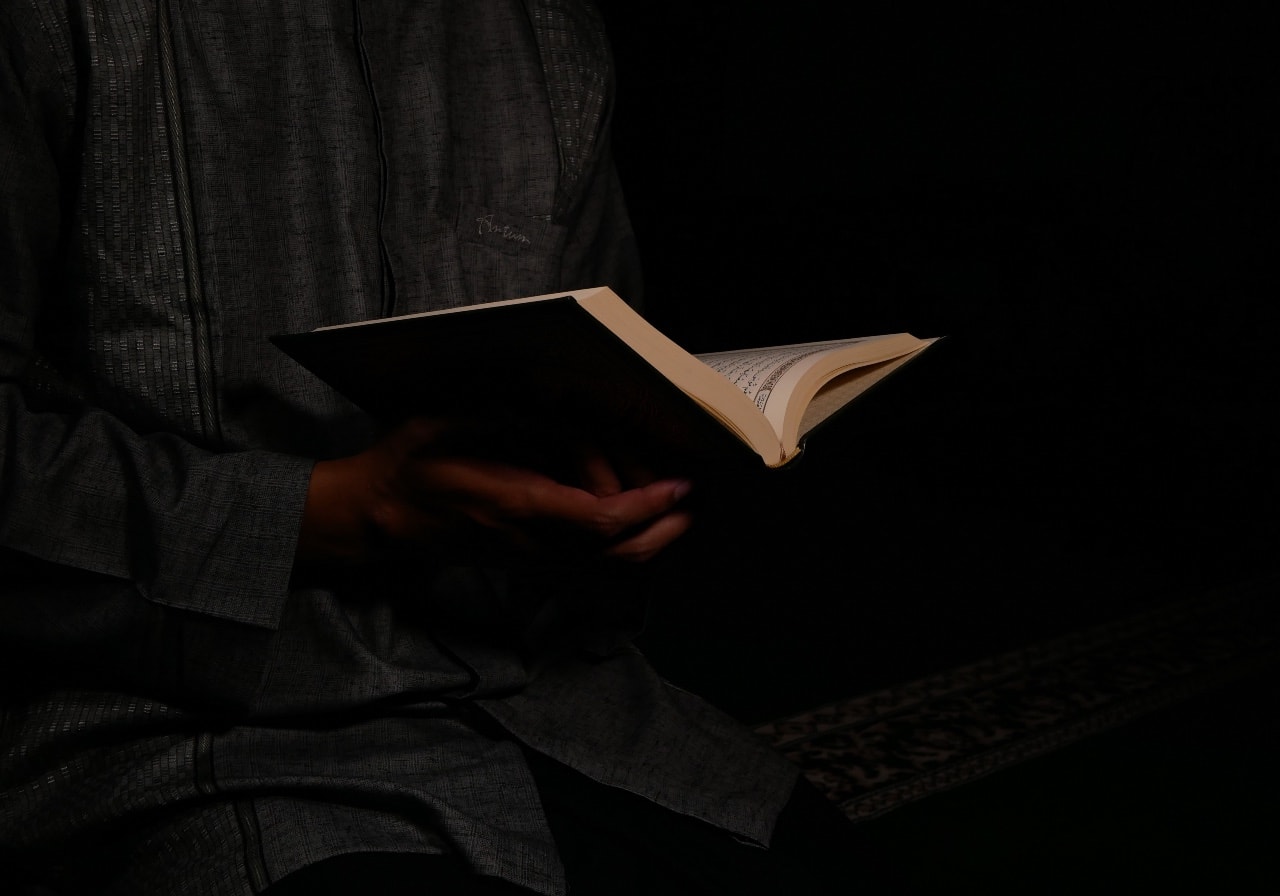Translations of the Qur’an and Blind following (taqlid)
Question: As a student, is it dangerous to learn specific translations of the Qur’an or hadith? Is that a form of blind following (taqlid)?
Answer:
Wa alaykum assalam wa rahmatullahi wa barakatuh,
Dear questioner,
Thank you for your important question.
As a student of any Islamic science, you have to blindly follow some part of the learning process, especially if you are learning Arabic. Even reading a dictionary is blind following. How do you know that Ibn Mandhur, Zabidi, or Firuzabadi, or any other lexicologists were right? They certainly don’t present any raw linguistic data collected by Farahidi, Sibawayhi, Ibn Durayd, or any other early lexicologist. Ultimately, ijtihad in its absolute sense would mean that you never follow anyone else in any conclusions they ever make. This kind of thinking is extreme and not practical.
The same would apply to a lot of hadith discussions. Often we have to trust the judgment of hadith critic without really being able to judge for ourselves. This means that even advanced scholars are doing multiple levels of taqlid.
Practically, as a student, one has to blindly follow one’s teachers’ facts and arguments, accept their presentations of the discussions, and accept the translations they give you. This is just part of the learning process that cannot be avoided. Please also see:
https://www.youtube.com/watch?v=Ee7n7dgS0SE
So in the beginning, all you can do is take a translation as it is, and bit by bit as you learn more Arabic, Fiqh, Aqida, Hadith, Tafsir, etc., you will see better how the translate the Qur’an and the Hadith in a way that makes sense to you.
I pray this helps.
[Ustadh] Farid
Checked and Approved by Shaykh Faraz Rabbani
Ustadh Farid Dingle has completed extensive years of study in the sciences of the Arabic language and the various Islamic Sciences. During his studies, he also earned a CIFE Certificate in Islamic Finance. Over the years, he has developed a masterful ability to craft lessons that help non-Arabic speakers gain a deep understanding of the language. He currently teaches courses in the Arabic Language.
